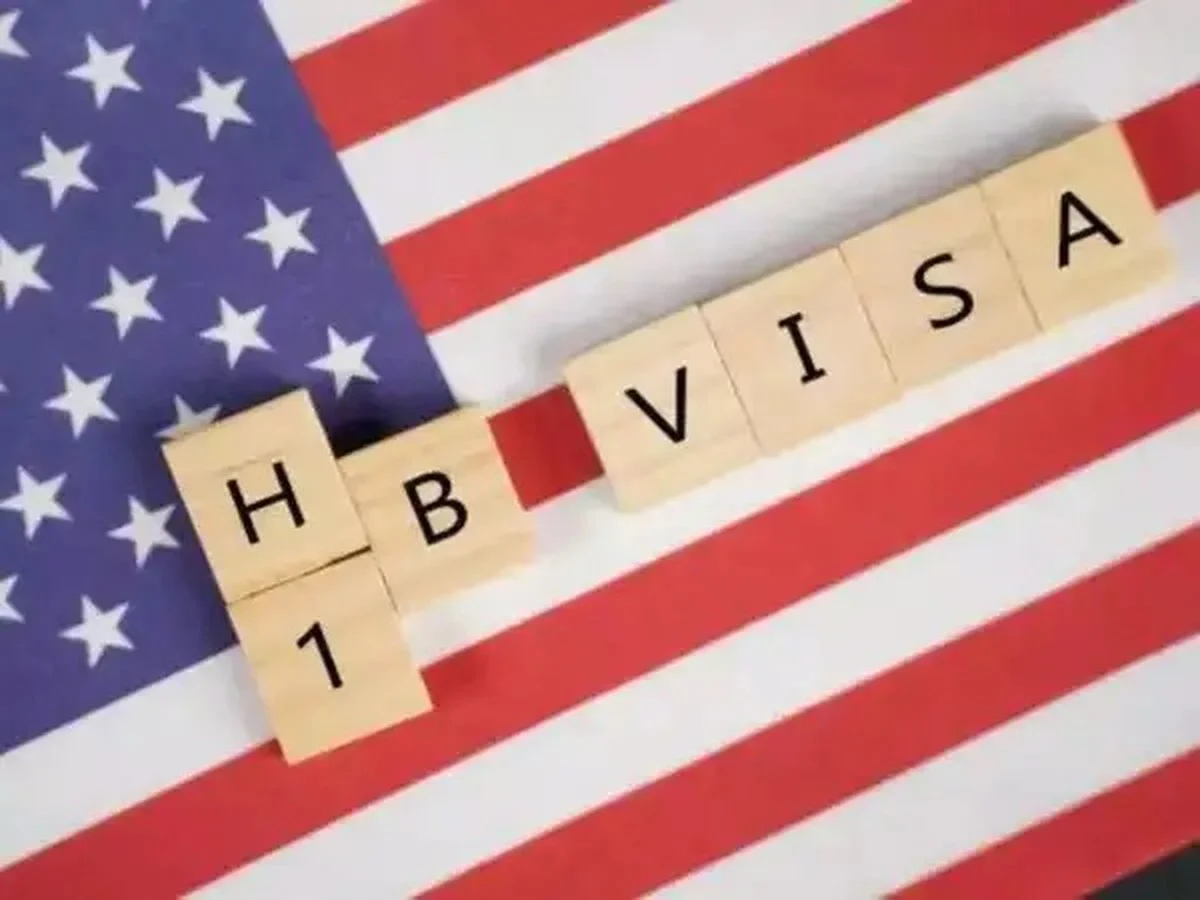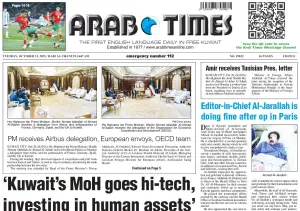20/09/2025
20/09/2025

NEW DELHI, India, Sept 20: Former Niti Aayog CEO Amitabh Kant has warned that US President Donald Trump’s new mandate imposing a $100,000 annual fee on H-1B visas will stifle innovation in America but accelerate India’s technological progress.
The H-1B visa program, heavily utilized by Indian professionals, faces a drastic overhaul as the Trump administration moves to discourage companies from hiring foreign workers by imposing a steep fee. The US Commerce Secretary emphasized that the measure aims to encourage American firms to hire more domestic talent while reducing reliance on foreign employees. Since Indians represent over 70% of H-1B holders, the impact on the Indian diaspora in the US could be substantial.
This new regulation, effective September 21, 2025, will last for 12 months unless renewed. Trump cited widespread “systemic abuse” of the program, particularly by IT outsourcing firms, calling it a national security concern. He argued that the program has made it harder for American college graduates to secure IT jobs, as employers can hire foreign workers at lower costs.
Experts warn this change will create uncertainty for thousands of Indian tech workers. The high fee may limit job mobility and make visa renewals expensive, leading companies to hesitate in sponsoring early-career employees. This could compel many to return to India or explore options in countries like Canada, the UK, the UAE, or Saudi Arabia.
Several H-1B visa holders expressed doubts about the proclamation’s legality and anticipate it will face legal challenges. The visa program, established in 1990, allows US companies to hire foreign professionals with at least a bachelor’s degree for up to six years. The annual cap is 65,000 visas, with an additional 20,000 for advanced degree holders from American universities. Indian professionals have historically been the largest beneficiaries.
The program has become increasingly controversial in US politics. Vice President JD Vance criticized firms for firing American employees while seeking thousands of H-1B visas, calling this practice contradictory and unfair. USCIS Director Joseph Edlow stressed the administration’s intent to ensure that the H-1B program supplements rather than replaces American workers.
Within Trump’s coalition, opinions vary, with conservative commentators like Steve Bannon opposing the program. Meanwhile, Trump has defended it, calling it “a great program” and noting he has many H-1B visa holders on his properties.
For Indian tech professionals, the new $100,000 fee represents a significant hurdle. Employers face a steep cost to file H-1B petitions, making it harder for aspiring workers to realize their US dreams.
In India, this decision has sparked criticism. Amitabh Kant described the fee as a setback for the US and an opportunity for India, warning it will drive innovation hubs from Silicon Valley to cities like Bangalore, Hyderabad, Pune, and Gurgaon. He highlighted the chance for Indian doctors, engineers, and innovators to fuel India’s growth and advance the nation’s development goals.
The H-1B program has long contributed to India’s brain drain, allowing the US to access top Indian talent without bearing training expenses. While some view the resulting global networks and remittances as beneficial, the loss of skilled human capital is a major concern.
Trump’s hike in visa fees may encourage Indian professionals to return home, bolstering initiatives like the ‘Aatmanirbhar Bharat’ campaign focused on self-reliance in technology, defense, and research.
Political leaders like the BJP’s Boora Narsaiah Goud condemned the move as “sinful and cruel,” arguing it will harm the American economy more than India’s. He referenced India’s past challenges with technology access that ultimately led to self-sufficiency and global competitiveness.
Similarly, former diplomat KP Fabian called the policy “atrocious and unnecessary,” warning it will hurt both Indians and the US economy, since young Indian professionals contribute significantly to America’s innovation landscape.
Social media in India echoed these views, asserting the fee will damage the US economy while creating opportunities for Indians to remain in India and demand better infrastructure.
One user noted, “Trump slaps Rs 90 lakh fee on H-1B visas. It’s good for India—ultra-rich families who sent their kids abroad might now keep them here, pushing for better government infrastructure.” Another tweeted, “Trump just killed the American economy by imposing a $100k H-1B visa fee!”
In sum, while the new H-1B visa fee poses challenges for Indian talent in the US, it could ignite a fresh wave of innovation and growth within India, supporting its aspirations for technological self-reliance and economic progress.


